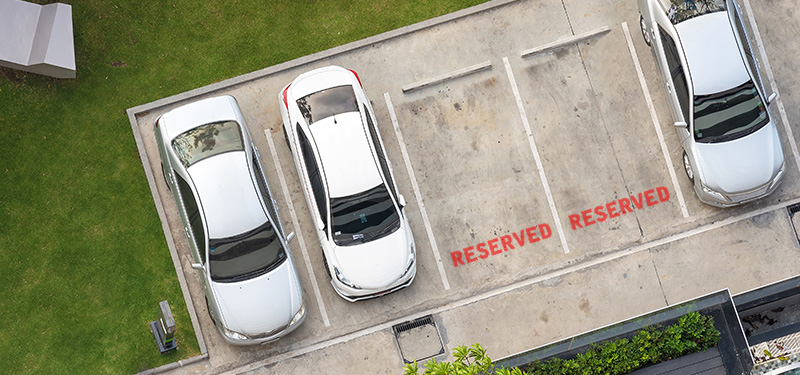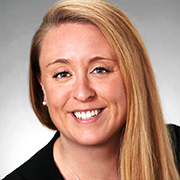The recent Massachusetts Appeals Court decision in Murrow v. Board of Assessors of Boston, 102 Mass. App. Ct. 278 (2023), held that a “perpetual and exclusive” easement to a parking space, which is part of a condominium’s common area, is taxable to both the easement holder and the fee owner.
The Court concluded that the City of Boston has the right to declare such easements taxable when it is determined that the easement creates a “present interest” in real estate.
In November 1987, the petitioner, Claudia Murrow (“Murrow”) paid the developer of the Charles Bulfinch Condominium (“Condominium”), located at 350 North Street in the North End neighborhood of Boston, $33,000.00 for a “perpetual and exclusive [e]asement in [g]ross to use parking space [number forty].” Murrow’s easement also allows her to “exclude others from using the space, to collect rents from the lease of the space, and to sell her interest in the space and retain the profits therefrom.” Additionally, this is Murrow’s only interest at the Condominium, as she is not a unit owner. Until 2019, the City of Boston never assessed Murrow’s easement in the parking space. Then, for the first time, the City of Boston appraised the easement at a value of $56,000.00 and issued a tax bill to Murrow in the amount of $590.24. Upon receipt, Murrow filed an abatement application for the bill, which was denied, and Murrow appealed to the Appellate Tax Board (“Board”). The Board affirmed the decision, finding that “Murrow’s easement is a present interest in real estate subject to taxation under [G.L. c. 59, §11].”
Thereafter, Murrow appealed from the decision of the Board, asserting that the City of Boston was improperly taxing “both the fee simple interest of the condominium, owned by the unit owners, and her easement interest in a parking space on the same land.” The Appeals Court rejected Murrow’s argument. Murrow’s parking easement – freely transferable and not appurtenant to any condominium unit – is a “present interest in real estate subject to taxation pursuant to G.L. c. 59, §11.” Further, the Court noted that Massachusetts case law “make[s] plain that an easement in gross for parking, reserved by a condominium declarant from the interests submitted under a master deed to the condominium form of ownership pursuant to G. L. c. 183A, is not a part of the condominium common areas”; thus, “such an easement is subject to taxation as an interest separate from the units in the condominium.”
In reaching its decision in Murrow, the Court relied on its recent decision in Rauseo v. Assessors of Boston, 94 Mass. App. Ct. 517 (2018), which also held that gross parking easements at a condominium complex were subject to separate taxation from the units at the condominium. The Court also relied on the plain language of G.L. c. 59, § 11, which authorizes the assessment of a tax on “any present interest in real estate to the owner of such interest.” Taken together, the Court concluded that the City of Boston has the right to declare such easements taxable when it is determined that the easement creates a “present interest” in real estate.
The Court also found that there was no “double taxation.” That is because, while the parking spaces may be physically located within the common areas of the condominium, the easements are alienable interests and not part of the condominium common areas. Further, the Massachusetts Condominium Act (G.L. c. 183A, § 1 et seq.) provides that condominium unit owners are subject to taxation of their respective possessory interests in their units, which also includes their proportional share of the common areas. Here, although Murrow’s “interest closely resembles that of ownership,” and it is “logical that she be liable to pay taxes on such an interest.”


